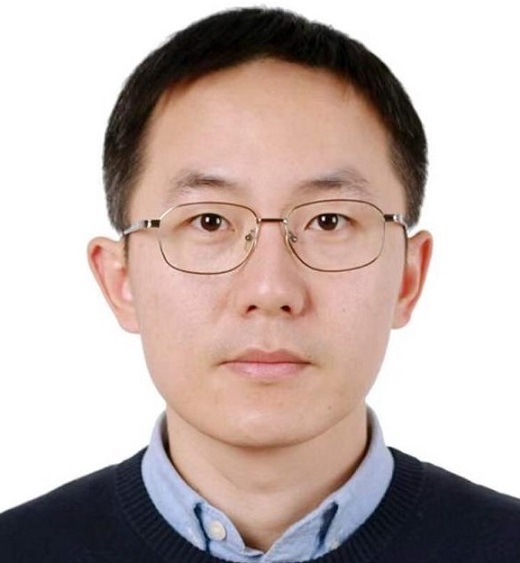Dr.YU Xiang is a recipient of the prestigious national title "National Outstanding Young Talent", a Non-resident Fellow at Tsinghua University’s Center for Strategic and Security Studies, a Special Expert at the China Forum, and a Senior Research Fellow at China Construction Bank. Formerly served as Deputy Director of the Center for Economic and Social Security Studies at the China Institute of Contemporary International Relations and Director of the Division of American Economic Studies. Was a visiting scholar at Harvard University from 2016 to 2017. Research focuses on international finance, the Chinese economy and finance, the U.S. economy, and China-U.S. economic and trade relations. Has been invited to visit countries including the United States, the Netherlands, Belgium, Hungary, Poland, and the Czech Republic on multiple occasions.
Has published over 300 academic papers and commentaries in leading journals such as Economic Review, Contemporary International Relations, Academic Research, The Contemporary World, Studies on American Issues, International Studies, International Information, China Strategic Review, and Modern Commercial Bank Review, as well as in prominent media outlets including ThePaper.cn, Caixin, the Valdai Discussion Club website, People’s Daily, Economic Daily, Outlook, Tsinghua Financial Review, Fudan Financial Review, Caixin Magazine, China Reform, World Affairs, Global Times, 21st Century Business Herald, The Banker, and Beijing News.
Author of several books, including Observations on the U.S. and European Economies in the Post-Crisis Era. Has led or contributed to significant research projects commissioned by the Ministry of Finance, Ministry of Commerce, Ministry of Foreign Affairs, Ministry of Science and Technology, Cyberspace Administration of China, National Energy Administration, and China Development Bank. Works and perspectives have been widely republished and cited by outlets such as People’s Daily, Xinhua News Agency, Half-Month Talk, People’s Daily Online, Phoenix Network, China Daily Network, China Economic Network, Hong Kong’s Ta Kung Pao, Asia Weekly, and South China Morning Post, Singapore’s Lianhe Zaobao, and the U.S.’s Washington Post.

